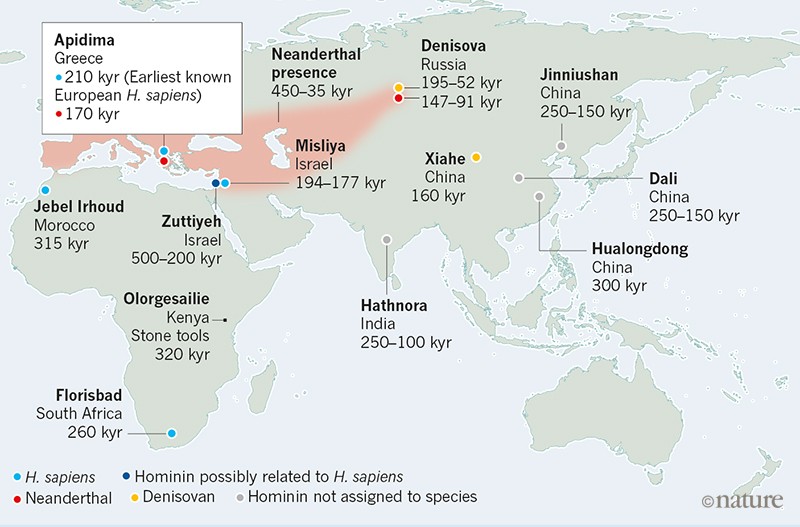Giant trucks on the highway are both vital and menacing.
After my family member almost died due to one changing lanes, I looked them up and learned nothing.
https://markets.businessinsider.com...-industry-facts-us-truckers-2019-5-1028248577
They are a mystery!
I can't even find the average life expectancy of a truck driver and there are millions of them.
It's got to be low I imagine.
Constant road crashes, no sleep, plentiful stimulants, terrible food, and sitting 40+ hours a week.
This thread is for trucks and truckers.
Monster trucks and Ford F650's count too since they can't fit into parking spaces.
After my family member almost died due to one changing lanes, I looked them up and learned nothing.
https://markets.businessinsider.com...-industry-facts-us-truckers-2019-5-1028248577
Watching Smokey and and Bandit doesn't really count either.The United States is hugely dependent on truckers.
Data show that trucking moves 71% of all the freight in America, and nearly 6% of all the full-time jobs in the country are in the trucking industry.
The industry employs millions of drivers and generates hundreds of billions of dollars in annual revenue.
They are a mystery!
I can't even find the average life expectancy of a truck driver and there are millions of them.
It's got to be low I imagine.
Constant road crashes, no sleep, plentiful stimulants, terrible food, and sitting 40+ hours a week.
This thread is for trucks and truckers.
Monster trucks and Ford F650's count too since they can't fit into parking spaces.



